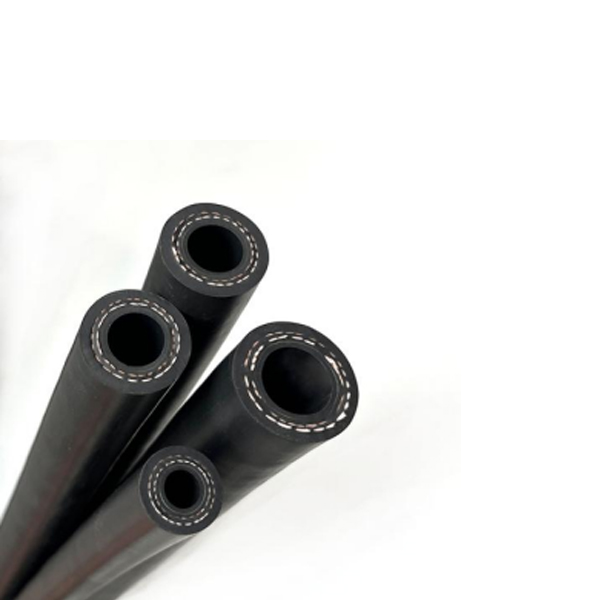car brake tube
Nov . 22, 2024 12:20 Back to list
car brake tube
Understanding Car Brake Tubes Their Importance and Maintenance
When it comes to the safety and efficiency of any vehicle, the braking system is of paramount importance. Among the numerous components that make up this critical system, the brake tube is often overlooked. However, its role in ensuring effective braking cannot be understated. In this article, we will explore the significance of car brake tubes, their construction, function, and the essential maintenance tips to prolong their lifespan and ensure safety.
What is a Brake Tube?
A brake tube, often referred to as a brake line or brake pipe, is a conduit that transports brake fluid from the master cylinder to the brake calipers or wheel cylinders at each wheel. This is crucial for hydraulic braking systems, which utilize the principle of hydraulics to amplify force. When a driver presses the brake pedal, the master cylinder pushes brake fluid through these tubes to actuate the brakes and slow down or stop the vehicle.
Construction of Brake Tubes
Brake tubes are predominantly made from materials that can withstand high pressure and resist corrosion. Traditionally, they were made from steel, which is strong and durable. However, modern vehicles often use materials such as copper-nickel alloys or stainless steel for improved corrosion resistance and flexibility. The tubing is typically coated with protective layers to prevent rust and degradation over time.
Functionality of Brake Tubes
Brake tubes serve a vital function in the braking system. When brake fluid is forced through the tubing, it creates pressure that acts on the brake calipers, causing the brake pads to clamp onto the rotors. This process generates the friction necessary to slow down or stop the vehicle. If the brake tubes are damaged, corroded, or improperly fitted, it can lead to brake fluid leaks, which can drastically reduce braking effectiveness and compromise safety.
Signs of Brake Tube Issues
It is essential for vehicle owners to be aware of the signs that may indicate issues with the brake tubes. Some common symptoms include
1. Leaking Brake Fluid Puddles of fluid under the vehicle can signal a leak. If you notice a brake fluid leak, it’s crucial to stop driving and have your vehicle inspected immediately.
car brake tube

2. Soft or Spongy Brake Pedal If the brake pedal feels soft or sinks to the floor when pressed, it could indicate a loss of hydraulic pressure, possibly due to a break in the brake lines.
3. Warning Lights Many vehicles are equipped with warning systems that can alert the driver to brake issues. Pay attention to any dashboard indicators related to the braking system.
4. Unusual Noises Grinding or squeaking sounds when braking may suggest not only issues with brake pads but also potential problems with the calipers or lines.
Maintenance of Brake Tubes
1. Regular Inspections It is vital to have your brake tubes inspected regularly as part of routine vehicle maintenance. This includes checking for corrosion, leaks, and ensuring that all connections are secure.
2. Fluid Replacement Brake fluid should be replaced according to your vehicle's maintenance schedule. Old or contaminated fluid can lead to corrosion within the brake system and may affect the brake tubes.
3. Handling with Care When working on or around the brake system, care should be taken to avoid pinching or damaging the brake tubes. Professional assistance is recommended for repairs.
4. Replacement when Necessary If a brake tube is found to be compromised, it should be replaced immediately. This is not a DIY task for most vehicle owners, so seeking professional help is essential.
Conclusion
In conclusion, while brake tubes may be a small component of the overall braking system, their importance cannot be overstated. They play a critical role in ensuring safe and effective braking. Regular maintenance and inspections can prevent costly repairs and enhance overall vehicle safety. As responsible vehicle owners, we must prioritize the upkeep of all components of the braking system—including the often-overlooked brake tubes—to ensure a safe driving experience. Remember, a well-maintained braking system is not just about comfort; it is about safety on the road.
